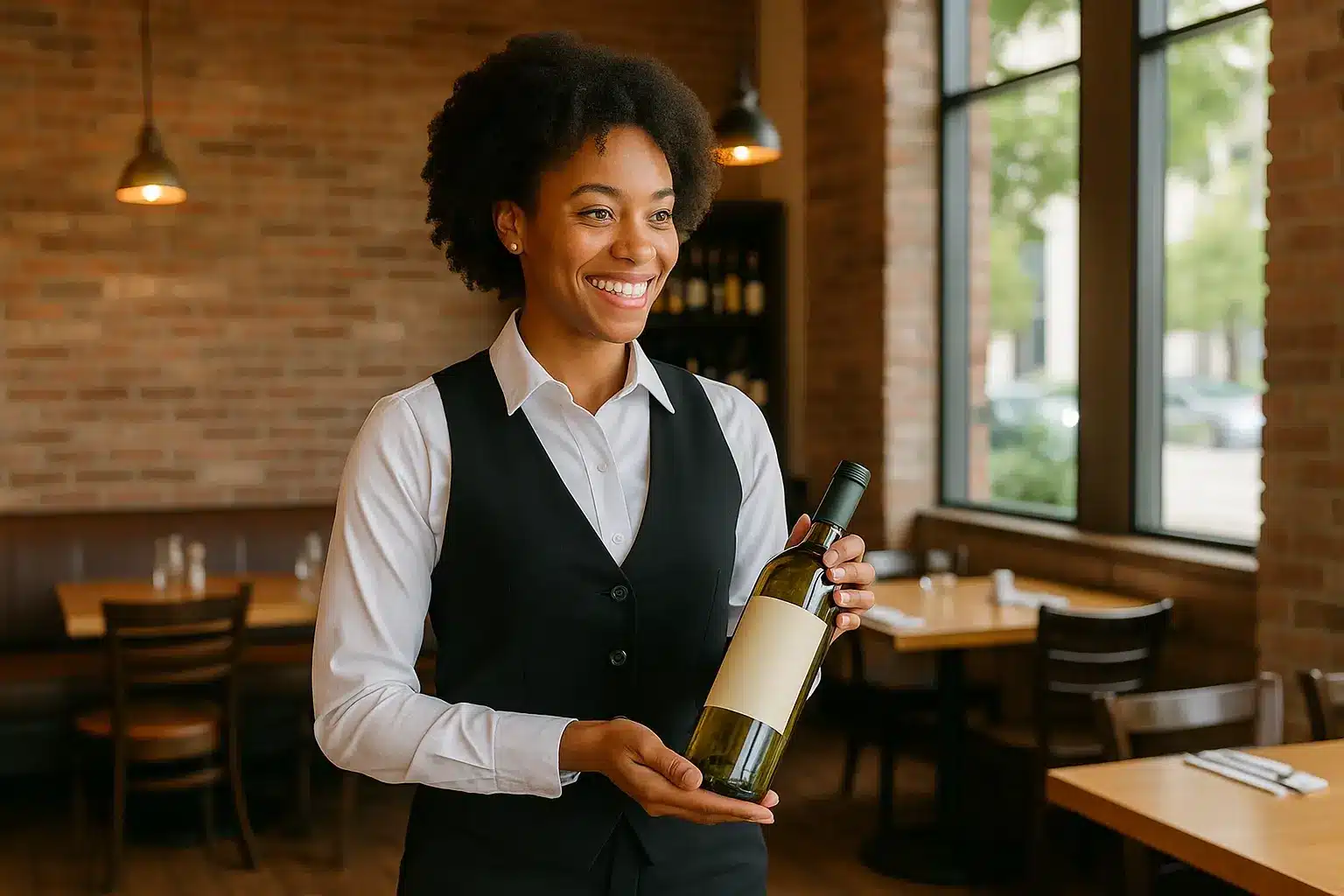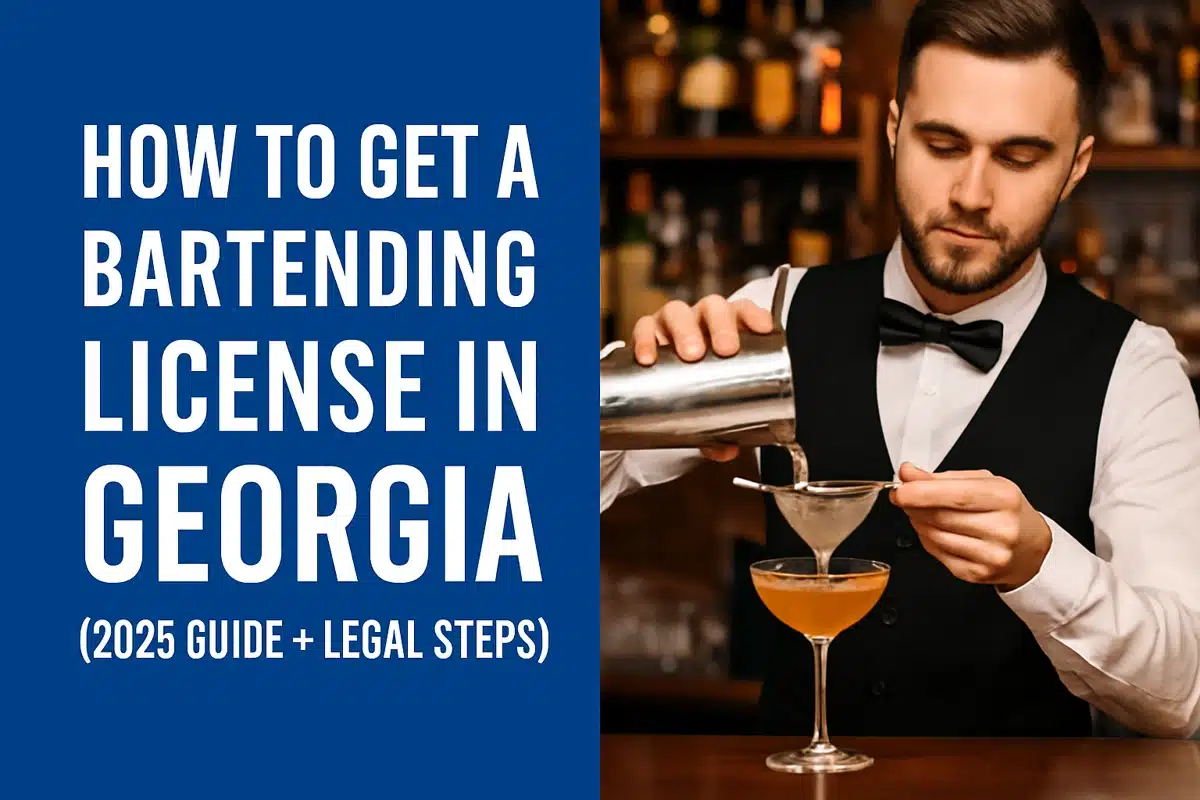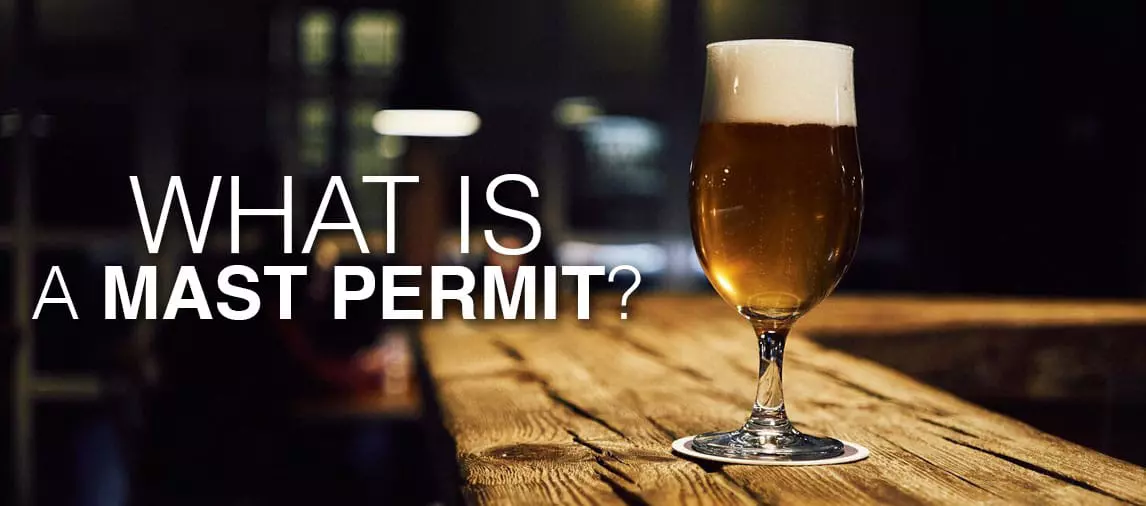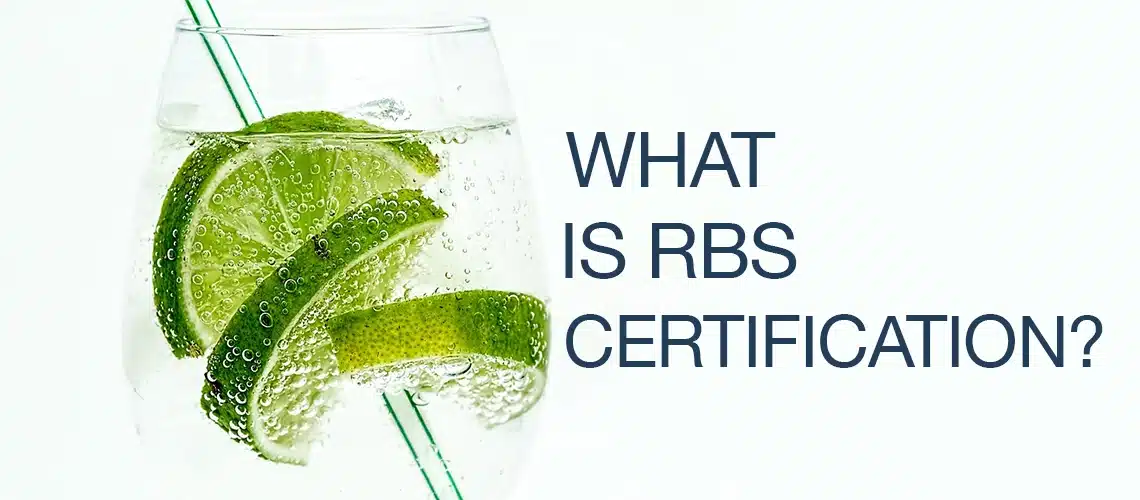Wondering how to get a bartending license in Georgia? Whether you’re aiming to mix cocktails in Atlanta’s vibrant nightlife or serve wine at a local restaurant, understanding the licensing and training process is crucial.
While Georgia does not issue a formal state bartending license, many employers require proof of alcohol server training for legal and liability reasons. In this guide, we’ll walk you through everything—from required certification to timelines, costs, tips, and how to get started.
What’s Required to Bartend in Georgia?
In Georgia, there is no statewide bartending license issued by a government agency. However, most establishments require servers to complete Responsible Alcohol Server Training to comply with liability policies or insurance requirements.
You’ll typically need:
- Alcohol Server Training certificate from a reputable provider
- A valid government-issued photo ID
- Minimum age of 18 to serve alcohol (21 to pour in some locations)
- Compliance with any local jurisdiction rules
Certification vs. License: What’s the Difference?
One of the most common points of confusion for new bartenders in Georgia is the difference between a bartending license and a liquor license. While they sound similar, they serve very different purposes. If you’re applying for a job as a bartender—not opening a bar—you’ll most likely need bartender certification, not a liquor license. Here’s how they compare so you can be sure you’re taking the right steps.
Bartending License Certification
✅ Training-based, usually from an online provider
✅ Covers safe serving, ID checking, Georgia alcohol laws
✅ Recognized by employers across the state
Liquor License
❌ Required by bar/restaurant owners—not bartenders
❌ Issued through the Georgia Tax Center
❌ Costly and involves legal documentation
| If you’re looking to get hired as a bartender, you only need certification, not a liquor license. |
Step‑by‑Step: How to Get Certified to Serve Alcohol in Georgia
Here’s a simplified breakdown of the process:
1. Choose a Georgia-Compatible Training Program
Look for reputable training platforms like ServeSmart or others that offer:
- 100% online courses
- Mobile-friendly learning
- Georgia-specific content
- Instant certificate delivery
2. Complete the Training
Courses typically take 2 hours to complete and include:
- Georgia alcohol laws
- How to check IDs properly
- Handling intoxicated customers
- Penalties for illegal service
3. Pass the Final Exam
Most courses require a passing score of 70% or higher, with 2–3 attempts allowed.
4. Download Your Certificate
Once passed, you’ll receive a printable certificate to:
- Provide to employers
- Include in job applications
- Renew as needed (usually every 2 years)

Local Jurisdiction Notes
While Georgia does not mandate a statewide bartending license, many local jurisdictions have their own alcohol ordinances that may impact your eligibility to serve or sell alcohol.
Examples of Local Variations:
Atlanta (Fulton County)
While Atlanta itself does not mandate training, nearby jurisdictions often do. Several cities in Fulton County like Sandy Springs, South Fulton, and Johns Creek, require bartenders to complete an approved alcohol awareness training within 30 days of receiving a pouring permit. Accepted courses include TIPS, ServSafe, and TIRV. Always confirm local rules and carry your certificate on the job to remain compliant.
In some cases, servers must also register with the city, undergo fingerprinting or background checks, or even be listed on the business’s alcohol license application. Always confirm your local jurisdiction’s requirements and carry your certificate on the job to stay compliant and avoid fines.
Savannah (Chatham County)
As of September 1, 2023, all individuals who serve, pour, or handle alcohol in Savannah must obtain a Server Training Permit Card (STPC). This includes bartenders, servers, door staff, and private security. The STPC is issued after completing an in-person alcohol training assessment hosted by the City of Savannah’s Alcohol Review Committee, usually held monthly at City Hall.
The requirement is outlined in the City of Savannah Alcoholic Beverage Ordinance, Chapter 6, and enforced by the ABC Unit in partnership with the Savannah Police Department and Revenue Department. Applicants must submit a form, show ID, and may be fingerprinted.
Athens-Clarke County
In Athens‑Clarke County, bartenders and servers must comply with Georgia state law, which requires alcohol server training from an approved provider such as ServeSmart, TIPS, or ServSafe. There is no additional local ordinance mandating further training beyond the state requirement.
To legally serve alcohol, individuals must be at least 18 years old. However, if working in a venue where more than 75% of revenue comes from alcohol, the minimum age increases to 21.
All bars and restaurants must obtain a local alcohol license from the Athens‑Clarke County Finance Department, in addition to a state license from the Georgia Department of Revenue Alcohol & Tobacco Division. Supervisors or staff listed on the application may also be required to submit a criminal history consent form and pay associated fees.
Although pouring permits are not required for employees, some employers may provide or request a brief alcohol awareness orientation for new hires.
For legal details, see Athens Code Title 6, Chapter 3.
Macon-Bibb County
In Macon‑Bibb County, anyone who serves, pours, or handles alcohol must obtain a County-issued Alcohol Handler’s License within 10 days of employment. This license is required under Chapter 4, Article XII of the county’s alcohol ordinance and must be renewed annually by December 31.
To qualify, you must complete a county-approved alcohol awareness training course covering responsible service, Georgia laws, ID verification, and handling intoxicated patrons.
Approved providers include:
- ServSafe Alcohol (with Macon-specific supplement)
- TIPS
- Learn2Serve
You must carry the license while working in any on-premises alcohol establishment.
What This Means for You:
- Ask your employer if the city or county where you’ll be working has any additional licensing or permit requirements.
- If you’re unsure, contact the local Alcohol Beverage Licensing Office or visit the city or county website for updated rules.
- Completing a Georgia-compliant alcohol server training course (like ServeSmart) is a strong first step—but it may not be the only one you need to take.
How Long Does Georgia Bartending License Training Take?
| Step | Estimated Time |
|---|---|
| Course Completion | 2–3 hours |
| Final Exam | ~15 minutes |
| Certificate Issuance | Immediate (digital) |
How Much Does a Georgia Bartending License Cost?
| Item | Typical Price Range |
|---|---|
| Online Alcohol Server Course | $12.95–$25 |
| Certificate Renewal (every 2 yrs) | $12.95–$20 |

Real‑World Tips for Bartending Success
Getting certified is just the first step—thriving behind the bar takes a bit more know-how. These practical tips will help you stay compliant, impress employers, and avoid common mistakes that can cost you the job. Whether you’re just starting out or brushing up your skills, following these best practices will keep your bartending career on track in Georgia.
✅ Take your course seriously. Many employers won’t hire uncertified staff.
✅ Print your certificate. Keep it with you on the job.
✅ Stay updated. Georgia laws evolve—renew your certificate every 2 years.
✅ Ask your manager. Some companies may pay for training or require specific providers.
✅ Be aware of local rules. Cities like Atlanta may enforce stricter regulations.
Get Your Georgia Bartender License Today!
Frequently Asked Questions
Do I need a bartending license in Georgia?
No state license is required, but most employers require a certificate of alcohol server training.
How old do I need to be to serve alcohol in GA?
You must be 18 or older to serve. Some employers require bartenders to be 21.
How long is certification valid?
Typically 2 years, depending on the training provider.
Can I take the training online?
Yes! Most trusted providers, including ServeSmart, offer 100% online, mobile-friendly options.
What if I work in a different county?
Check with your employer or local alcohol authority. Some cities have unique mandates.



